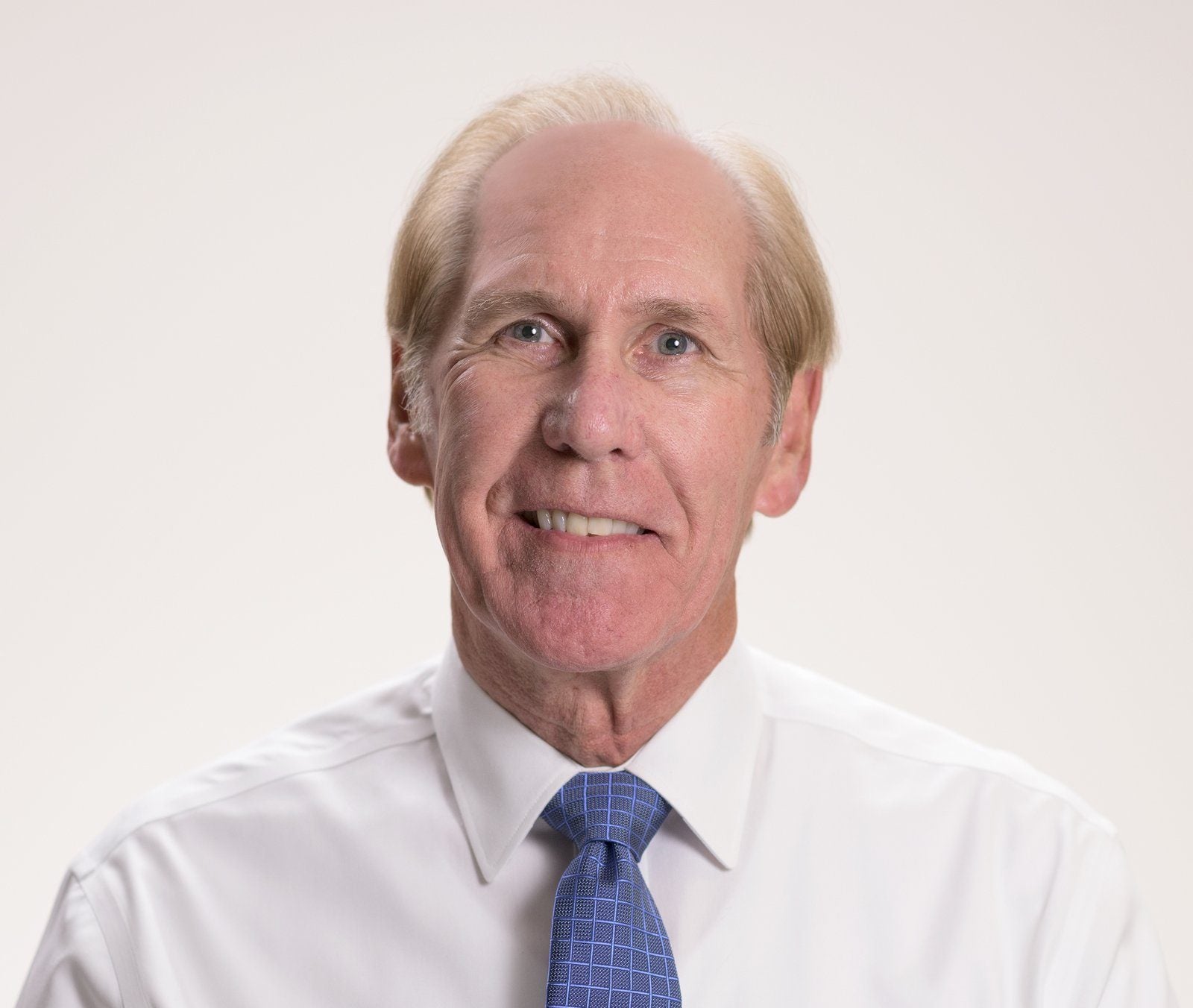Building bridges is so powerful
Published 10:11 pm Tuesday, June 6, 2017
Building bridges. That was the theme of our trip last week. Building bridges. That was the theme of our many meetings in Germany last week. Building bridges. That was the theme of our various other interactions in Germany last week. Building bridges is so powerful.
We were building bridges as our delegation crossed the Atlantic Ocean on Sunday, May 28. The delegation consisted of two leaders from Alabama, three from Mississippi, two from Washington, D.C. and one from Pittsburg. The delegates included the following categories: an Alabama Community College President; an Alabama State Senator; the State Director of the Mississippi NAACP; the executive director of a foundation in Jackson, Mississippi; a steelworker from Pennsylvania; a fellow at a foundation in Washington, D.C.; and a representative of a German Foundation stationed in Washington, D.C. We built bridges among ourselves as we prepared for the trip and as we traveled.
We were building bridges as we pursued our study tour in Germany to understand the cooperative relationships between business, labor and the German government. Instead of fighting each other, they work together to build one of the most powerful economies in the world.
We were building bridges as we visited the Chambers of Industry and Commerce in Munich, Germany. These chambers of commerce are so different from the Chamber of Commerce in the United States. In fact, they are instruments of the German government designed to facilitate labor, business and government working together to build a skilled workforce.
We were building bridges as we met with union leaders in Munich to better understand German trade unions and work councils. We were building bridges as we met with a professor from the University of Regensburg concerning efforts to include refugees in vocational school and training. We were building bridges as we met with vocational leaders on the same subject. We were building bridges as we met with leaders of business organizations about the role of small business in vocational training. We were building bridges as we met at the Technical University of Munich (TUM) to learn about between cooperative efforts between government, labor and business to facilitate innovative business startups. We were building bridges as we participated in a public panel discussion concerning workers and justice in the United States.
We were building bridges as we concluded our stay in Munich. We were building bridges as we travel to the City of Ulm for meetings with vocational school leaders. We were building bridges as we met with leaders of trade unions in Stuttgart about the role of unions in training workers and about worker representation in German companies. We were building bridges as we met with leaders of business associations concerning worker representation in German companies.
We were building bridges as we met with Chamber of Industry and Commerce leaders concerning the positive returns on investments in a skilled work force. We were building bridges as we met with leaders of industry with factories in the United States.
We were building bridges as we met with the Lord Mayor of Ubertinger about the role of local government in education and training. We were building bridges as we met with labor leaders in Friedrichshafen. We were building bridges as we participated in a panel discussion that included a candidate for the German Parliament.
The theme was about labor and justice in the Southern United States and Baden-Wurttenberg, Germany.
We were building bridges as we met with leaders of the Employers Federation concerning vocational training. We were building bridges as we visited the world-famous Daimler Factory.
Bridges are powerful because they allow us to travel to different places. This is true whether the bridges are physical, cultural, mental, emotional or spiritual. I think we built all kinds of bridges on our eight-day trip to and from Germany.




